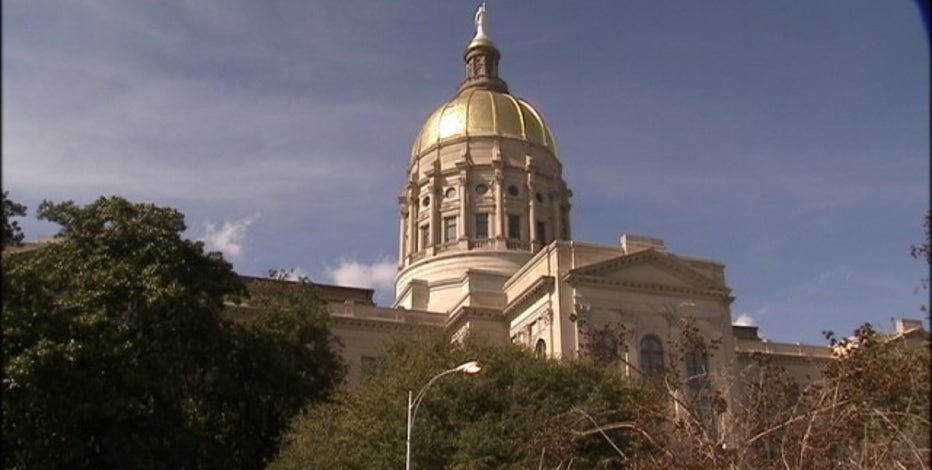
ATLANTA (AP) — The Georgia Senate passed its version of a $47.5 billion budget on Thursday, setting the stage for negotiations with the House over a spending plan that could increase salaries for thousands of state employees and teachers and give state retirees a one-time boost.
About $23.7 billion in the plan comes from state tax collections and other Georgia revenue. The rest comes from federal sources.
State Sen. Jack Hill, a Republican from Reidsville who chairs the chamber's budget committee, said the Senate's proposal doesn't differ dramatically from the House version.
Rep. Terry England, a Republican from Auburn who chairs his chamber's budget panel, said he hopes negotiations can begin this weekend.
Senators preserved 3 percent salary increases for state employees and money for local school districts to give teachers the same, both recommended by Gov. Nathan Deal in his budget proposal and agreed to by the House. The Senate also signed on to House leaders' one-time boost for state retirees.
Senate leaders did add pay increases for nurses at the state's public health agency or working with local public health entities to combat high turnover in those roles, which could mean a 10 percent increase for some, Hill said.
Passing a budget is the General Assembly's only constitutionally required role each year. The final day of the legislative session is set for March 24, and the spending plan must go to the governor before lawmakers adjourn for the year.
As Georgia's economy continues to recover from the Great Recession and the population grows, Deal's administration and legislative budget writers predict tax revenue will rise more than 4 percent.
The budget also includes an influx of new funding for more than $1 billion in road and bridge projects after lawmakers in 2015 backed an increase in state gas taxes and a variety of new fees.
Both the House and Senate agreed with Deal's recommendation to send $300 million to local school districts intended to end furloughs and lengthen school years after cuts during the recession. That would mean public school districts would receive about $166 million less than what they are promised under state funding formulas, the smallest gap since cuts began in financial year 2009, according to the Department of Education.
Sen. Steve Henson of Tucker, the Democratic leader in the Senate, said lawmakers need to do more for K-12 and higher education students in Georgia.
"We're not nearly where we need to be in making sure every Georgia student has the kind of education that we would want," Henson said.
